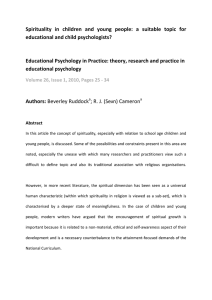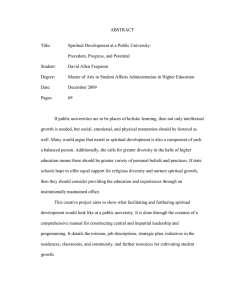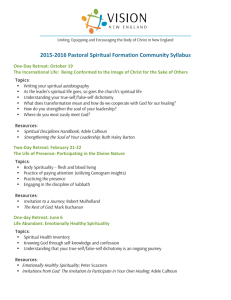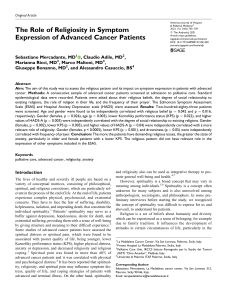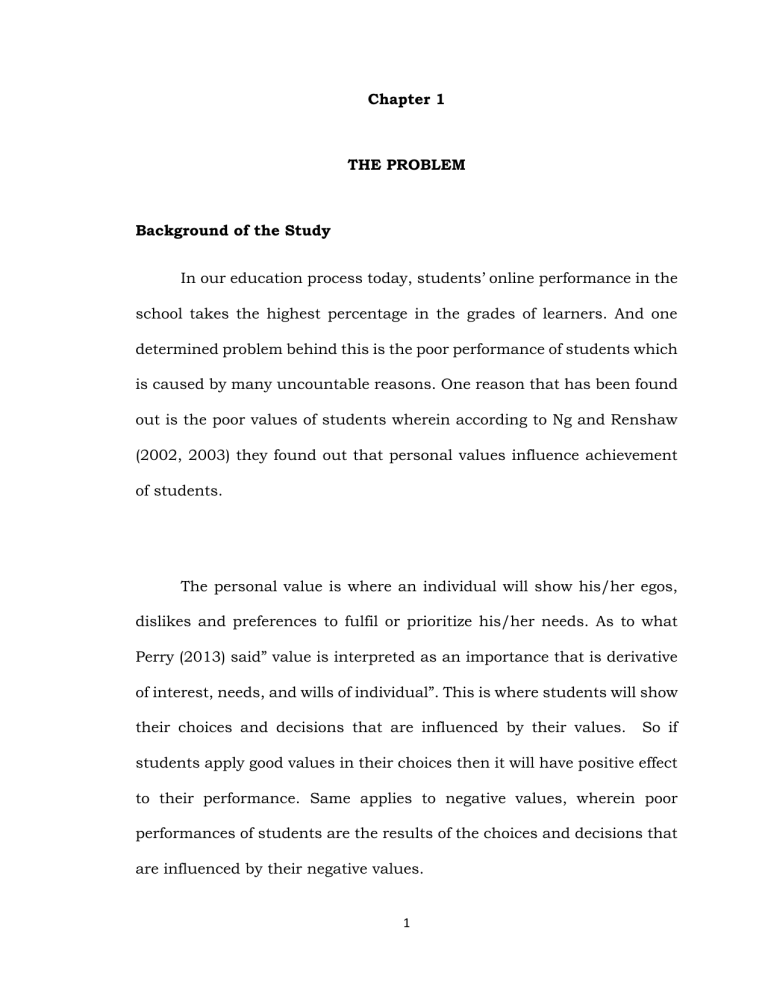
Chapter 1 THE PROBLEM Background of the Study In our education process today, students’ online performance in the school takes the highest percentage in the grades of learners. And one determined problem behind this is the poor performance of students which is caused by many uncountable reasons. One reason that has been found out is the poor values of students wherein according to Ng and Renshaw (2002, 2003) they found out that personal values influence achievement of students. The personal value is where an individual will show his/her egos, dislikes and preferences to fulfil or prioritize his/her needs. As to what Perry (2013) said” value is interpreted as an importance that is derivative of interest, needs, and wills of individual”. This is where students will show their choices and decisions that are influenced by their values. So if students apply good values in their choices then it will have positive effect to their performance. Same applies to negative values, wherein poor performances of students are the results of the choices and decisions that are influenced by their negative values. 1 And in our society, our world is becoming smaller rapidly and it is possible for people belonging to different languages, religions, races, cultures and values to come together. “In today’s society, a student spends an average of ten thousand hours on video games and talking on a mobile phone, receives and sends two hundred thousand e-mail messages before reaching higher education”, (Yapici, 2016). Young people in today’s generation are advance in technology where it diminishes their social interaction in the society. Spending much time to gadgets than school activities is prominent among students and because of this their performance in school is being affected. According to Bobowi (2011) on her conducted study, “Personality and parent’s values are the predictors of student values”. Values possess by parents is what being adapted by children. For example, a child who saw his mother smoking cigarette may do the same when he grows up. This result to poor performance of students if parents how negative values. In relation to this, school, as the second home of learners must integrate values in their learning. 2 Values can be taught and learned. As Peque (2001) and Pantaleon (2002) showed that student’s behaviour and positive traits were enhanced as a result of their values education lessons. Department of Education programmed values education as a subject and mandated to be taught among public schools. Private’s schools integrated values education to enhance students’ behaviour. As to DO 41, s. 2003 - Values Education in the Basic Education Curriculum. May 22, 2003.DO 41, s. 2003. To ensure effective implementation of Values Education which is one of the emphases of the restructured Basic Education Curriculum, values education teachers should be utilized fully to help the other subject area teachers integrate values development in the subject area they teach. Values have a social function: commonly held values unite families, tribes, societies, and nations. They are essential to the democratic way of life, which puts a high premium on freedom and the rule of law. After the Revolution of February 1986, the DECS made values education a primary thrust. The DECS thrust found strong support in the Philippine Constitution of 1987 in its vision of "a just and humane society," which calls for a shared culture and commonly held values such as "truth, justice, freedom, love, equality and peace." 3 These findings of study will help schools, departments and all education stakeholders to understand the importance of inculcating values. In Values and Teacher Education System, one perspective is that values have to be inculcated through deliberate effort and not left to chance. Meaning values has to be taught with embodiment of each to students through the involvement of both parents and teachers with concerns providing them with good educations. Through this, the bad attitudes and behaviors’ of students will be properly and equally addressed. For the researchers, this study will equip them with many insights and provide them understanding on the different values that are influential to performance and the findings help to realize that performance are affected not only by values but of many other factors. The researchers also believe that this study will be of great importance to Senior High students where this help them to understand, be aware and realize the effects of their choices towards values. And also motivate them to embody good values for they will become a model for the next generation. 4 Conceptual Framework The succeeding part of this research would present some theories related to some theories, conducted research about Max Scheler’s Hierarchy of Values, its effect to the student’s academic activities, its implementation to the Senior High School students and studies which ground the development of the study. This study is anchored to the following Max Scheler’s Hierarchy of Values: (a) Pleasure Values which is the pleasant against the unpleasant or the agreeable against the disagreeable; sensual feelings and experiences of pleasure or pain (b) Vital Values that pertains to the well-being either of the individual or of the community; health; values of vital feeling. (c) Spiritual Values, it is the values of independent of the whole sphere of the body and of the environment; grasped in spiritual acts of preferring. Lastly, Values of the holy it appears only in regard to objects intentionally given as “absolute objects”. There are many studies in other countries indicating that spirituality has a positive impact upon students’ academic performance. 5 Students who take the time to commit to spiritual activities enhance their ability to excel academically. One study on the relationship between trust in God and academic achievement of girl middle school of Yazd City, Iranfound that there is a significant positive relationship between trust in God and academic achievements (AlirezaBakhshayesh, 2011). Hodge (2007) discovered that students participating in spiritual activities do not gain lower academic scores for missing their classes. Instead, it seems that participating in this program enhances their academic achievements. (Walker & Dixon, 2002) found that spiritual beliefs and religious participation were positively related to academic performance. Students who participated in religious activities and/or had spiritual beliefs had better academic performance. Jeynes (2002) also found that religious schooling and religious commitment both had a positive impact on the academic performance of students and also on their school-related behaviour. Students who were committed to their religion were wellbehaved in school and had better academic performance. Barmola (2016) studied the spirituality and motivation among Senior High students. The present study specially aimed to know the role 6 of spirituality in motivation among Senior High students. Motivation are of two categories; intrinsic and extrinsic. Intrinsic is that motivation which gives mostly internal satisfaction without having any desire of external awards. On the other hand, extrinsic is driven by external rewards. It is explored in the current study by statistical measure Pearson rho. Positive and highly significant correlation is found between spirituality and motivation of Senior High students. Therefore, it may be concluded that students who are spiritual may be more motivated than non-spiritual. And on the other hand students who are motivated could be more spiritual than students with low motivation. One of the studies conducted by Byrd, Hageman and Isle (2007) and it was evolved that intrinsic religiousness could not only be the lone predictor in satisfaction, purpose and self-efficacy of life but also in the subjective wellbeing of the individual. In view of career decision making among people it was found that people having strong spiritual bond with almighty and religiousness may just enhance their ability to make decision but also ready to explore different career options (Duffya and Blustein, 2005). Morality usually comes in mind when someone talks about religiosity and spirituality. Morality could be a significant factor in motivation in the process of implanting ethical principles. Very common issue in the process of examination in schools and Senior High is cheating. 7 Why is this? Though there are many rules and regulations to control it even if it is found difficult to control. Can be there any mean to reduce it internally among students. It can be explored in view of spirituality or religiosity. With reference to cheating behaviour, a study found that religiosity of the students has reduced the cheating behaviour in exams (Rettinger and Jordan, 2005) 8


